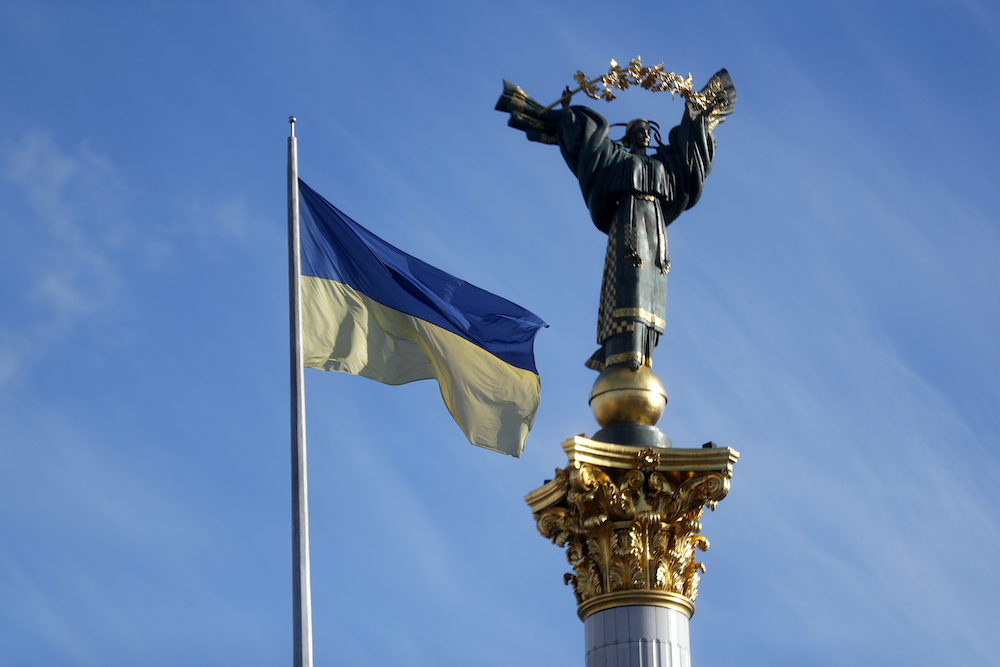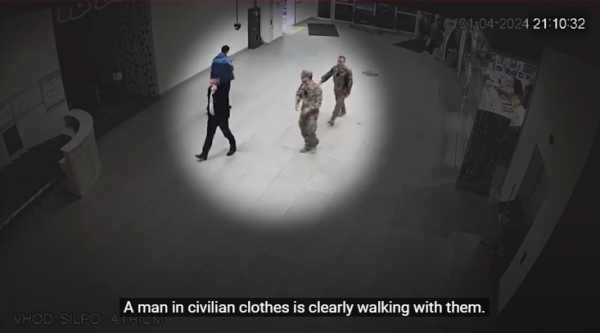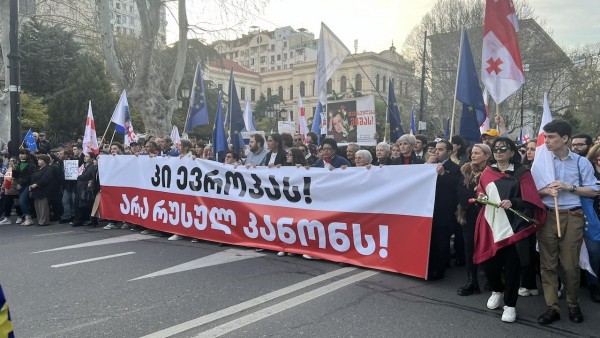To mark the six-month anniversary of the invasion of Ukraine and to honour the country’s Independence Day, the International Press Institute (IPI) and our global network today reaffirm our steadfast support for our courageous Ukrainian members and the country’s wider journalistic community.
Since Russia launched its full-scale invasion on 24 February 2022, IPI’s Ukraine War Press Freedom Tracker has documented 177 different serious attacks on journalists and violations of media freedom in Ukraine linked to the conflict.
IPI Executive Director Barbara Trionfi said the figures underscore the tragic human cost of the war, which has led to multiple rights abuses against the press, posed existential challenges for the survival of independent media in Ukraine and seen the largest loss of journalistic life on European soil in decades.
“As we today join others around the world in marking Ukrainian Independence Day, IPI and our global network stand in steadfast solidarity with our courageous members and the wider journalistic community in Ukraine, who continue to provide the world with vital news about the ongoing conflict in extremely challenging circumstances”, she said.
“Today is also a grim landmark: six months have now passed since Russia launched its full-scale war of aggression. During this time, media in Ukraine have faced unprecedented and existential challenges but have also shown remarkable ability to adapt and evolve to the reality of war. The international community must not waver in its support for independent Ukrainian media.
“We also honour all those Ukrainian and international journalists and media workers who have lost their lives in the service of truth during this conflict and reaffirm our demand that those responsible should face justice for war crimes for the targeted killing of journalists. IPI stands with the Ukraine people and the country’s courageous journalists.”
Eight journalists and media workers are confirmed to have been killed in the line of duty: Yevheniy Sakun, Brent Renaud, Pierre Zakrzewski, Oleksandra Kuvshynova, Oksana Baulina, Maks Levin, Mantas Kvedaravičius, and Frédéric Leclerc-Imhoff. Five were killed by gunfire, while the other three were killed by shelling.
In many of the documented cases, there is clear evidence that Russian soldiers deliberately fired on journalistic crews and cars bearing PRESS insignia. There is evidence at least five more Ukrainian media workers and civilian journalists may have been killed or executed by Russian troops in occupied territory in apparent connection to their profession, though these have not yet been verified and the motive remains unclear.
In the first six months of the war, fast-changing frontlines and indiscriminate shelling have posed serious risk of serious injury and death for journalistic crews. IPI documented 72 cases of domestic and foreign journalists reporting from the frontlines in Ukraine being shot at or caught in shelling, with at least 16 suffering injuries that required medical assistance.
This includes 17 journalists and media workers either sustaining gunshot wounds or coming under fire, and at least 55 individual members of reporting crews being caught in close proximity to or injured by shelling and other artillery attacks. IPI has documented seven confirmed strikes on TV towers and infrastructure in Ukraine.
At least eight journalists have been kidnapped or abducted by Russian armed forces, according to IPI monitoring, with some undergoing torture, beatings and other human rights abuses at the hands of Russian soldiers while in captivity. Meanwhile, dozens of regional media outlets were forced to shut due to newsroom seizures. Journalists living in occupied territory have been persecuted or forced to disseminate propaganda for Russians authorities.
Ukrainian media continuing to operate within the country face threats of future imprisonment of violence for their reporting on the war, and news websites face persistent cyber-attacks from Russian hackers. With the war dragging on and no end to hostilities in sight, Ukrainian media face major uncertainty about their long-term sustainability or survival.
IPI has established a Ukraine Solidarity Fund. All funds raised go directly to independent media in Ukraine. For more information and to donate visit – Ukraine Solidarity Fund.
- Visit IPI’s Ukraine War Press Freedom Tracker
- Read all of IPI’s coverage and advocacy on Ukraine.
- Read the stories of some our member in Ukraine: Kyiv Independent and ABO.
This statement by IPI is part of the Media Freedom Rapid Response (MFRR), a Europe-wide mechanism which tracks, monitors and responds to violations of press and media freedom in EU Member States, Candidate Countries, and Ukraine. The project is co-funded by the European Commission.




